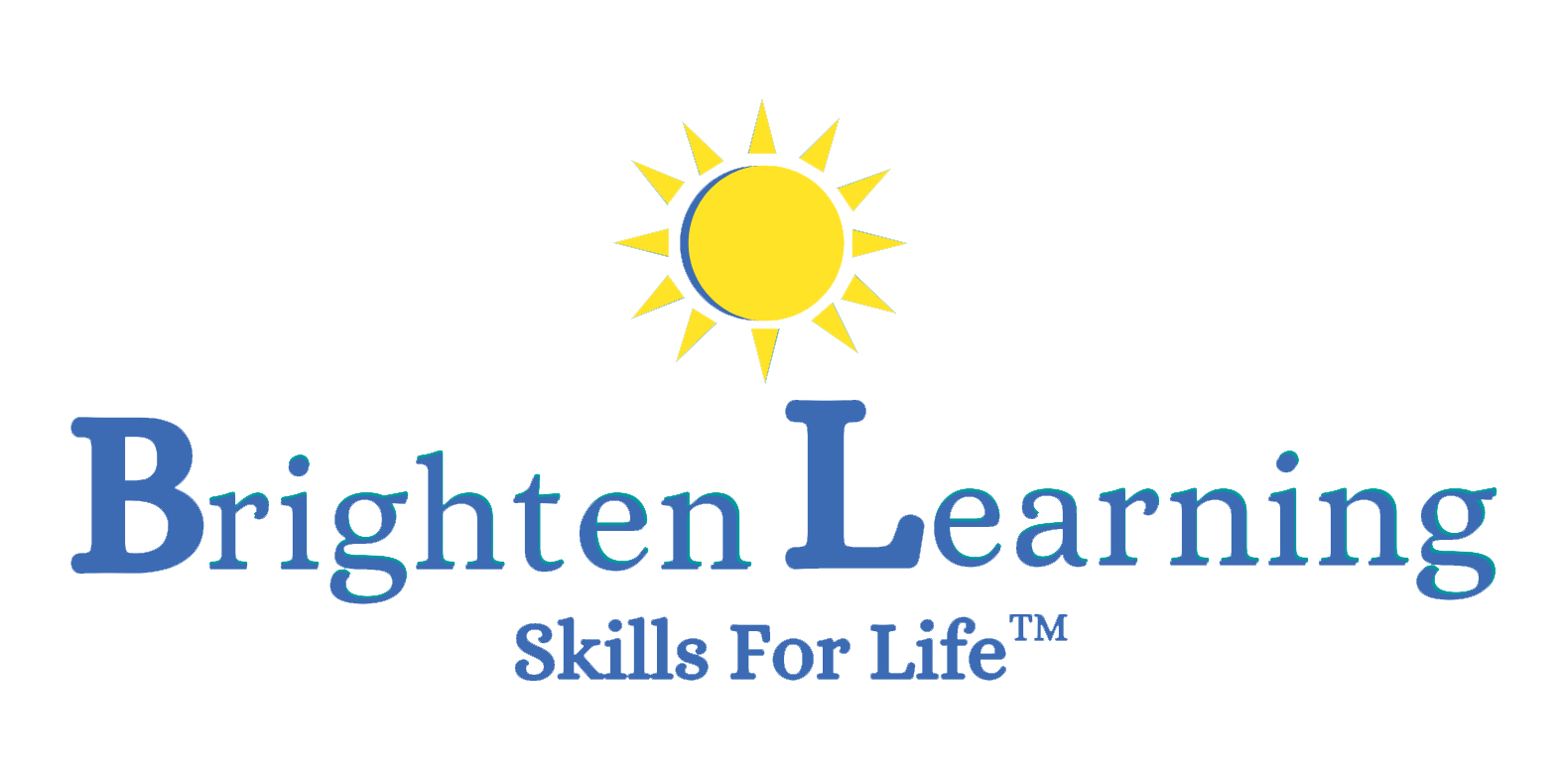5 Tips to Help Your Child Make Friends
 If your child is having difficulty making friends at school, it is heart breaking. You want to help him. It could be that he’s experiencing problems developing a range of social skills. Maybe he’s having difficulty looking others in the eye, talking about what the group is talking about, or other behaviors that are needed for him to “stay with the group” successfully. It could be your child’s problem solving skills need help.
If your child is having difficulty making friends at school, it is heart breaking. You want to help him. It could be that he’s experiencing problems developing a range of social skills. Maybe he’s having difficulty looking others in the eye, talking about what the group is talking about, or other behaviors that are needed for him to “stay with the group” successfully. It could be your child’s problem solving skills need help.
Talk to him about what’s going on and try to identify the barriers. Is it that he’s having difficulty relating to his classmates? Is he not able to stay with the group? Is he not noticing or even saying “hello” to the other kids?
Ask your child’s teacher the same questions. I recommend to parents that you treat all of your child’s teachers, therapists, coaches, and anyone else who is in their daily lives like your ‘team’. Stay in regular contact with them so that you can benefit from their observations and suggestions.
These are just the first steps in helping your child to improve his or her social skills.
I’ll discuss more ways to help your child make friends in future articles.
It’s Hard to Find Social Skills Homework
I certainly learned about the importance of social skills when our twin sons began mainstream kindergarten. (You can read how we accomplished mainstreaming here.)
This was in 2007, before apps and interactive software programs were widely available. I searched high and low for a social skills learning software program. There were none at the time. That’s what led me to develop The Social Express. (But that’s another story.)
Here Are 5 Tips for Helping Your Child Improve His Social Skills
1. Have calm conversations with your child about what’s keeping him from making friends. Find out exactly where he’s having trouble when trying to interact with other kids. Ask him to describe the other kids in his class and what he thinks about them. Find out what happens during recess or group activities. Ask lots of simple questions. Dig deep with your questions.
2. Become the CSI




